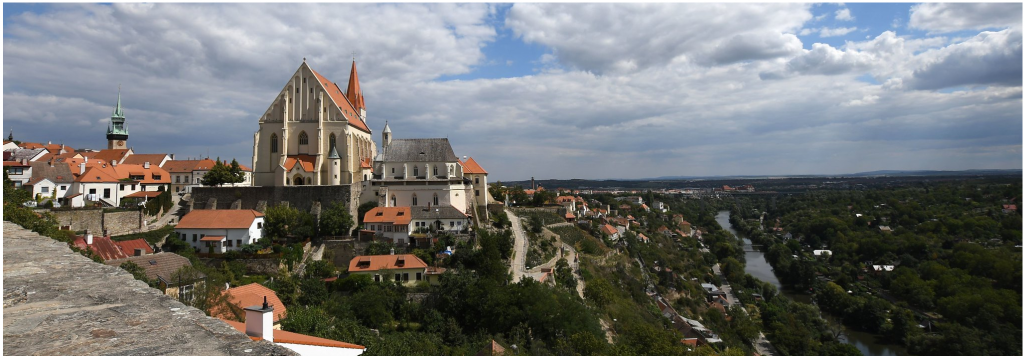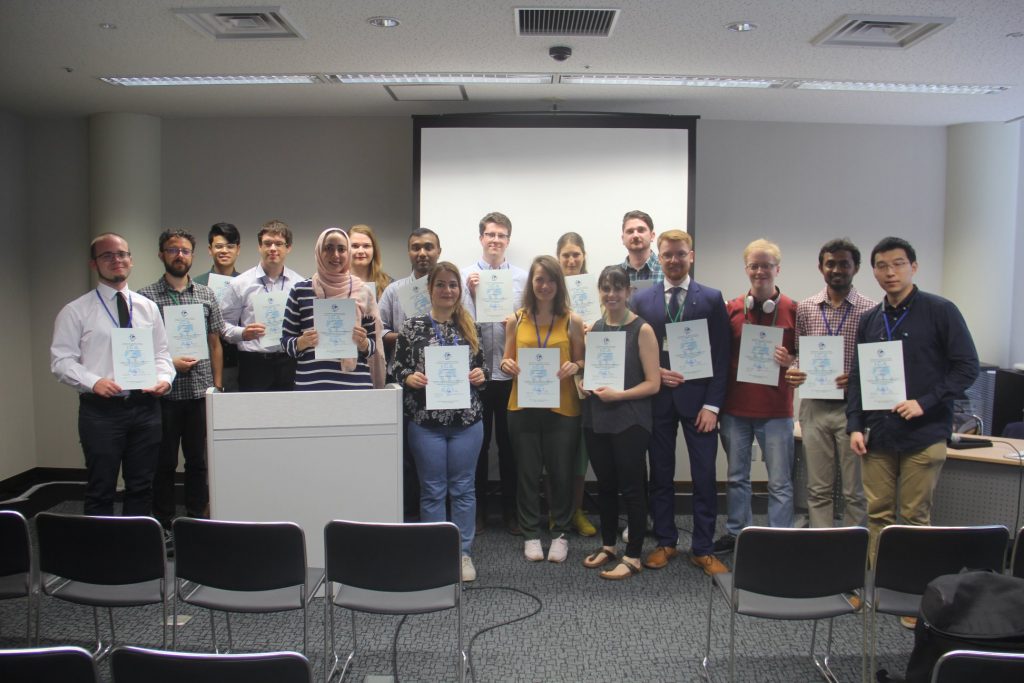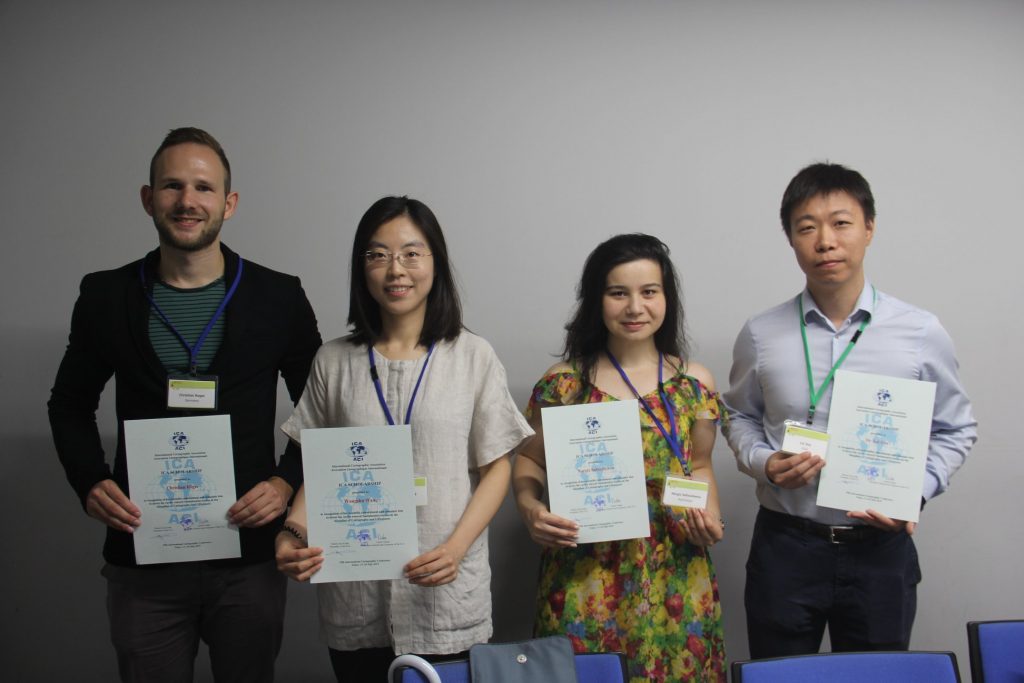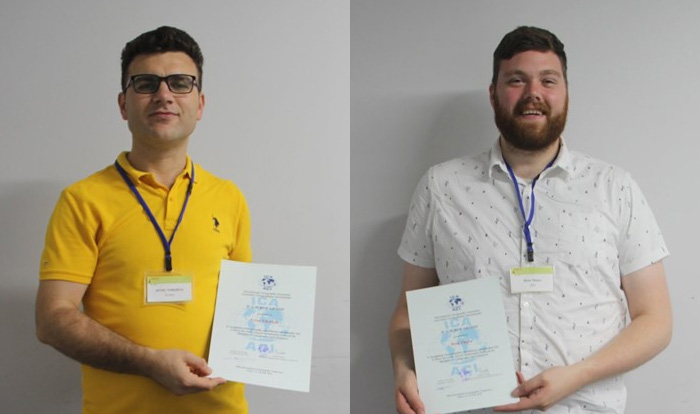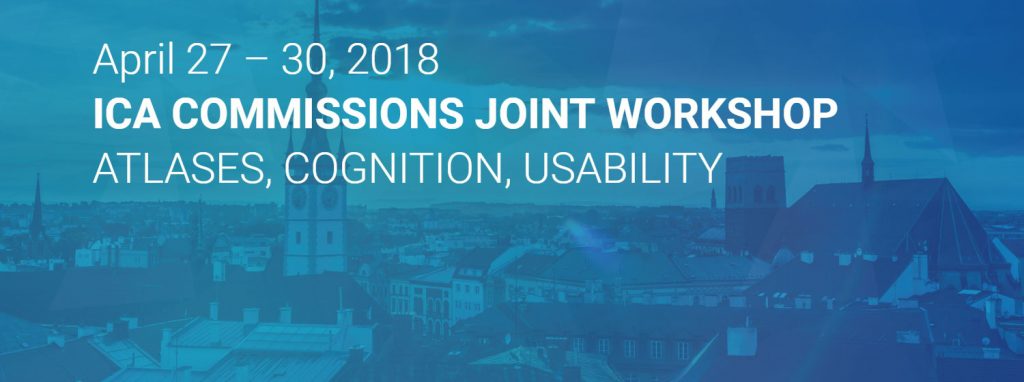The ICA Commission on Cognitive Issues in Geographic Information Visualization and the ICA Commission on User Experience are pleased to invite you an online workshop on Adaptable Research Methods For Empirical Research with Map Users on Thursday, 6 May 2021.
Everyone globally has been affected by the COVID-19 in one way or another. Most of us have probably had to make adjustments to planned research projects as a result of restrictions on mobility and interacting with people outside our own households.
Nevertheless, despite these challenges, people have been successful in undertaking research. We believe that there have probably been a number of creative solutions devised for running experiments that gather empirical data from people, and some of these solutions may be well worth preserving for use in the future.
Therefore we propose a workshop to share some of our collective experiences in doing this kind of work over the last 14 months. We hope to learn from each others’ successes and failures and contribute constructive suggestions for yet-to-be-solved problems presented by the situation.
Workshop format
We expect everyone attending the workshop to actively participate in the sharing and discussions. This could mean that you present a lightning talk about a problem you need help solving (we are looking at you, PhD students!), or it could mean you discuss an experience that didn’t work as you hoped/planned, or it could mean that you present a solution that worked well for you and that might help others.
We plan that the session will be relaxed and relatively informal as not all experiences may be easy to share in a standard, formal scientific presentation. For example, some experiences may be easier to communicate via demonstration. Therefore, we ask when you submit your abstract, you also specify how much time you would like and how you would like to spend your time.
Some possible options include:
- Standard presentation
- Demonstrating a technique or method you’ve devised
- Facilitating a discussion about particular types of challenges you’ve wrestled with (to best do this, provide discussion points/questions that workshop participants can reflect on before the workshop);
- Other creative uses of the time that you can negotiate with the workshop organisers – we are open to ideas!
Workshop Outcomes
We plan at a minimum to build a webpage to be hosted on the Commission website with a synthesis of the ideas presented at the workshop. It is hard to predict in advance if there will be sufficient material, but if it seems to be the case after the workshop, we suggest also the development of a collaborative paper to be submitted to the International Journal of Cartography.
Deadline for abstracts
We ask that you submit your abstract by 28 February 2021 (Anywhere on Earth) to this website.
We will use the ICA Abstracts template, which can be accessed at Copernicus. Note, you should NOT provide a paper – use only the abstract component of the template! Your abstract should be no longer than 500 words.
Schedule
Date(s): Thursday 6 May; additionally Friday 7 May (if demand is great enough).
Time: 22:00-2:00 (AUS), 20:00-0:00 (Beijing), 14:00-18:00 (CET), 13:00-17:00 (UK); 9:00-13:00 (Rio de Janeiro); 8:00-12:00 (East Coast US); 5:00-9:00 (West Coast US)
We have planned a half-day workshop on Thursday 6 May. If there is sufficient enthusiasm for participation based on the responses to the CFP, we have tentatively planned to extend the workshop to a second half-day on Friday 7 May.
There is no time of day that will perfectly suit all time zones, so we have tried to come up with a schedule that allows the greatest number of time zones to attend at least some of the workshop at an at least semi-civilised hour.
Cost
There is no cost for participation, but we ask that you register in advance by 31 March 2021 to support the logistical planning of the workshop. The registration link is available on the workshop website.
Workshop Platform
The platform we use will depend on registered numbers, but either Teams or Remo are being considered. We will advise the platform to all registered participants before the workshop.
Organizers
ICA Commission on Cognitive Issues in Geographic Information Visualization
- Dr. Amy Griffin, RMIT University
- Dr. Petr Kubíček, Masaryk University
- Dr. Pyry Kettunen, Finnish Geospatial Research Institute (FGI, NLS)
ICA Commission on User Experience
- Prof. Rob Roth, University of Wisconsin Madison
- Prof. Luciene Delazari, Federal Univ. of Paraná
- Dr. Zdeněk Stachoň, Masaryk University
- Katarzyna Słomska-Przech, University of Warsaw






